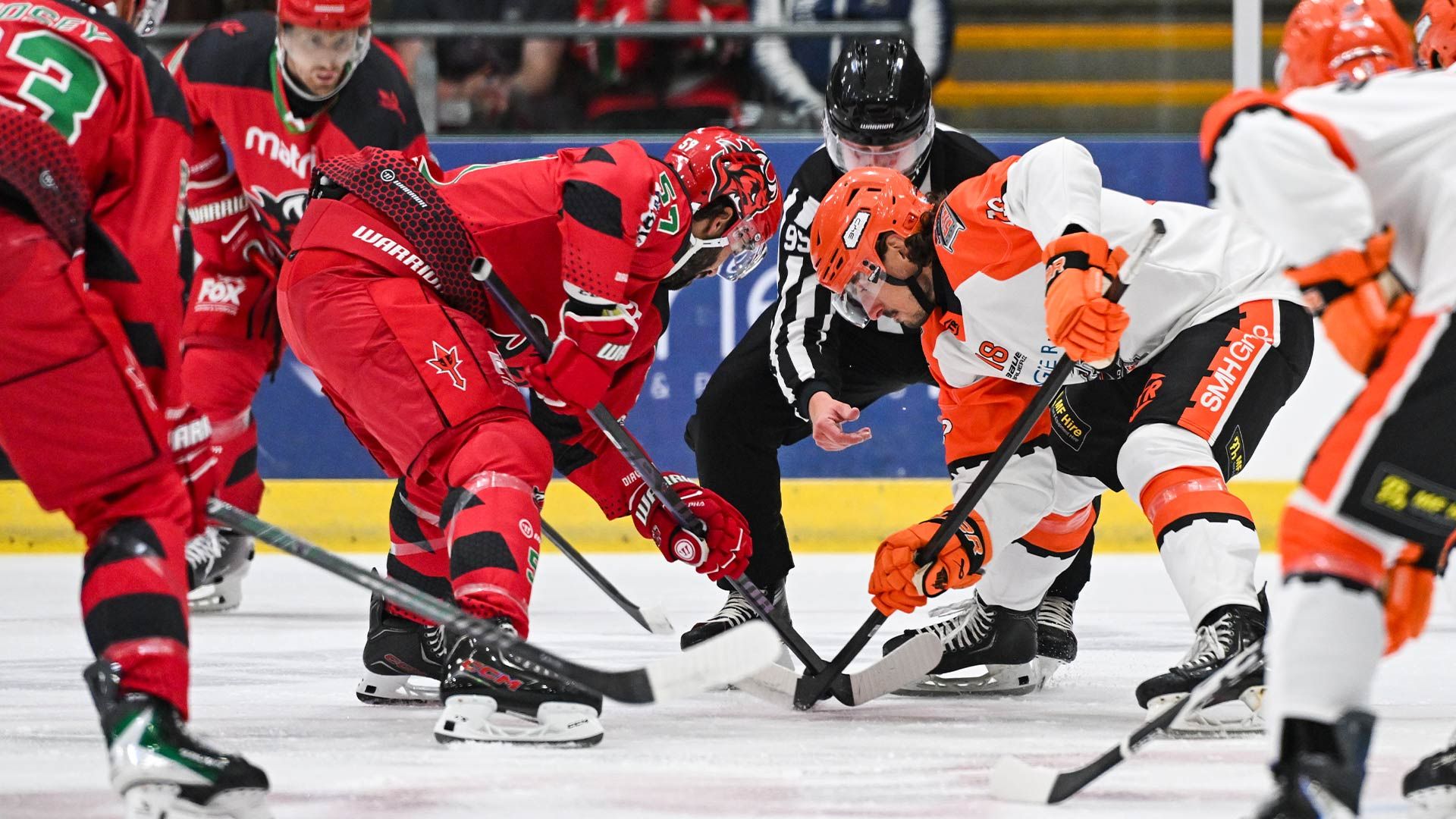NHL betting data from the 2024-2025 season shows why hockey punishes bettors. Only five teams generated over $1,000 in profit for flat bettors who wagered on every game: Winnipeg, Washington, Montreal, Toronto, and Columbus. That’s five teams out of thirty-two.
Winnipeg led the pack with 56 wins and a combined $1,380 profit between home and away games. Washington and Montreal followed, but their profits came from unpredictable splits. Montreal earned $817 at home yet only $461 on the road. Columbus lost $543 away while banking $1,588 at home.
These wild swings between home and away performance make hockey unique. NBA teams win at home roughly 60% of the time. NFL home teams cover spreads at predictable rates. Hockey offers no such consistency.
Puck Lines Create False Hope
The standard NHL puck line sits at -1.5/+1.5 goals. This narrow spread causes problems for bettors. One-goal games happen constantly in hockey. Teams winning by exactly one goal means favorite bettors lose on the puck line while underdog bettors cash tickets.
Favorites rarely provide value in NHL betting. The 2024-2025 season proved this repeatedly. Teams expected to win often did so by a single goal, failing to cover the puck line. Underdogs pulled outright upsets regularly enough to destroy any consistent betting strategy focused on favorites.
Managing Your Bankroll When Betting Hockey
Hockey betting demands strict financial discipline due to its inherent unpredictability. Smart bettors allocate no more than 1-2% of their total bankroll per wager and track every bet meticulously. Some use promotional offers from FanDuel, DraftKings, or BetMGM bonus code options to extend their bankroll without risking additional personal funds.
The volatility of NHL outcomes means even sharp bettors face long losing streaks. Setting weekly loss limits prevents emotional chasing. Many successful hockey bettors maintain separate accounts for different bet types and avoid parlays that compound the sport’s already high variance.
Goaltenders Ruin Everything
Starting goaltenders make or break NHL games. Yet teams rest their starters without warning. Backup goalies play 30-40% of games. The performance gap between starters and backups varies wildly from team to team.
Connor Hellebuyck won 47 games for Winnipeg in 2024-2025. His strong performance helped Winnipeg become the sole team to return over $1,000 profit both at home and away. Meanwhile, Akira Schmid posted a .944 save percentage but played for a team with poor betting returns.
Teams announce starting goalies hours before games. Sometimes minutes. Lines move drastically on these announcements. Bettors who placed early wagers find themselves on the wrong side of value when backup goalies get surprise starts.
Over/Under Markets Offer No Relief
Total goals betting in the NHL provides minimal edge. Sportsbooks set accurate lines. The 2024-2025 season saw Over and Under bets win between 48% and 53% across all games. This tight range indicates efficient markets where bookmakers price totals correctly.
Goal scoring in hockey depends on too many variables. Power plays, penalty kills, empty net situations, and goalie performance all affect totals. A single penalty can swing a game from Under to Over. An early goal might lead to defensive hockey for the remaining periods.
Analytics Fail to Predict Profits
Advanced stats like expected goals and Goals Saved Above Average don’t translate to betting success. Teams with positive expected goal differentials lost money for bettors throughout 2024-2025. Statistical models can’t account for puck luck, hot streaks, or shooting variance.
Elite goaltenders on bad teams provide no betting value. Poor goaltenders on good teams occasionally steal games. The randomness inherent in a low-scoring sport defeats even sophisticated analytical approaches.
Schedule Chaos Adds Another Variable
NHL teams play 82 (soon 84) games across six months. They cross time zones constantly. Back-to-back games occur regularly. Rest advantages should matter, but they don’t produce consistent betting angles.
Teams win “scheduled losses” when they shouldn’t. Rested teams lose to tired opponents. The sample sizes remain too small to draw reliable conclusions. Each team faces only a handful of back-to-backs monthly, preventing statistical certainty.
Canadian Teams Attract Dumb Money
Toronto, Montreal, and Winnipeg receive disproportionate betting action from Canadian fans. This public money shortens odds beyond true probability. Only Winnipeg delivered profits in 2024-2025 despite this backing.
Montreal’s third-place profit ranking came from early-season hot streaks. Bettors needed perfect timing to capitalize. Toronto generated road profits but disappointed home bettors repeatedly.
Fading popular Canadian teams sometimes works. Sometimes it doesn’t. The inconsistency makes this angle unreliable for long-term profit.
Markets React Too Quickly
Sportsbooks adjust lines instantly based on sharp action. Arbitrage opportunities disappear within seconds. Value bets evaporate before casual bettors can act.
Pinnacle and other sharp books lead line movements. Recreational books follow within minutes. The window for exploiting inefficiencies has shrunk to nothing. Professional syndicates with automated betting systems grab any value before human bettors can react.
Playoff Hockey Becomes Pure Randomness
Regular-season unpredictability intensifies during playoffs. Lower seeds upset favorites constantly. The 2024-2025 playoffs saw multiple underdogs win series despite 20-25% implied probability from bookmakers.
Road teams win at higher rates in NHL playoffs than in any other North American sport. Home ice advantage disappears. Seven-game series allow for momentum swings that defy logic. One hot goaltender can eliminate a superior team.
Betting on playoff hockey requires accepting that skill matters less than luck. The best teams don’t always win. The worst teams sometimes go on runs. Overtime games become coin flips where anything can happen.
Photo Credit: Michael.Johnson@prohockeynews.com


You must be logged in to post a comment.